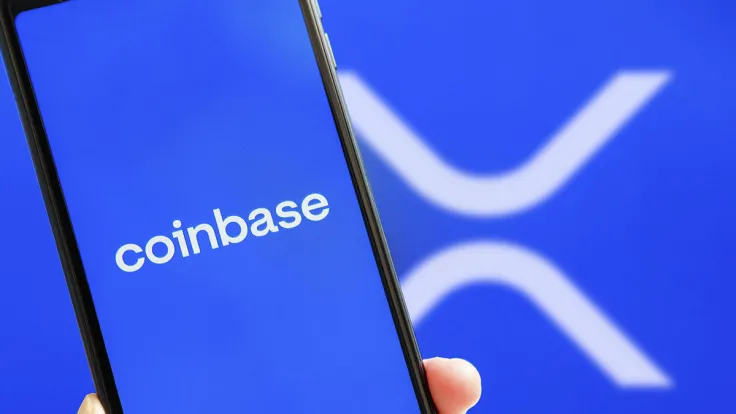
Disclaimer: The opinions expressed by our writers are their own and do not represent the views of U.Today. The financial and market information provided on U.Today is intended for informational purposes only. U.Today is not liable for any financial losses incurred while trading cryptocurrencies. Conduct your own research by contacting financial experts before making any investment decisions. We believe that all content is accurate as of the date of publication, but certain offers mentioned may no longer be available.
XRP enthusiast and Australian-based lawyer Bill Morgan believes that the fact that the Coinbase crypto exchange delisted or ceased to allow the trading of XRP might hurt its fair notice defense to a claim by the SEC.
In the past week, Coinbase formally responded to a Wells notice from the SEC. A Wells notice is the way that SEC staff tells a company that they are recommending that the SEC take enforcement action for possible violations of securities laws.
The fact Coinbase delisted (ceased allowing trading) of XRP can hurt its fair notice defense to a claim by the SEC. In its Wells Notice response, the fair notice defense is anticipated by Coinbase as a defense it will argue if sued. /1 https://t.co/dofVF4rEMb?from=article-links pic.twitter.com/nOxqPhzw4c
— bill morgan (@Belisarius2020) April 30, 2023
Morgan points out that, according to Coinbase's Wells notice response, the exchange anticipates using the fair notice defense if it is ever sued. He adds that Coinbase contends it has a stronger fair notice defense than the other defendants and even footnotes Ripple's fair notice defense.
While this appears to be a good thing, Morgan claims that Coinbase faces a problem because it delisted XRP in January 2021, which occurred shortly after the SEC v. Ripple lawsuit was filed. This might have suggested that Coinbase had given the matter some thought and had decided to stop trading XRP.
He believes that this puts Coinbase on notice that its listing process might have captured securities. Morgan thinks Coinbase ought to have maintained its position that it does not list securities and refrained from delisting any token.
It ought to have argued that no secondary market transactions on its exchange constituted sales of securities and that the SEC was only suing Ripple for its sales.
Morgan believes that Coinbase's fair notice defense after January 2021, however, is not any stronger than Ripple's was in December 2020, when it was sued. He emphasizes that delisting XRP was a tactical mistake in hindsight.
In Morgan's opinion, the Coinbase fair notice defense before January 2021, before it delisted XRP, had stronger chances and was comparable to Ripple's.
The Wells notice response brought up a solid point in this regard. According to Coinbase, the SEC informed it on Dec. 7, 2020, that there was uncertainty regarding the status of cryptos (apart from Ether and Bitcoin) as securities. He continues, "Ripple could have relied on this evidence, but I'm not sure it did."
It is nevertheless relevant, in Morgan's opinion, because Coinbase was informed there was doubt over the cryptocurrencies they offered, including XRP, on Dec. 7, 2020, just a few weeks before Ripple was sued.

 Vladislav Sopov
Vladislav Sopov Dan Burgin
Dan Burgin